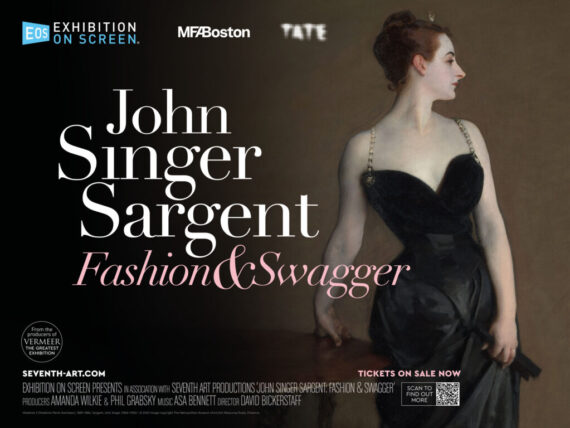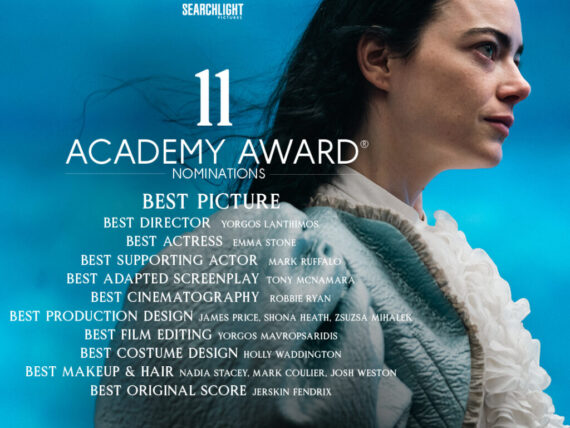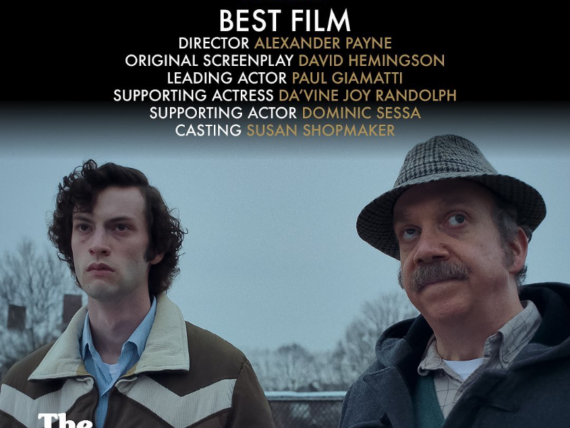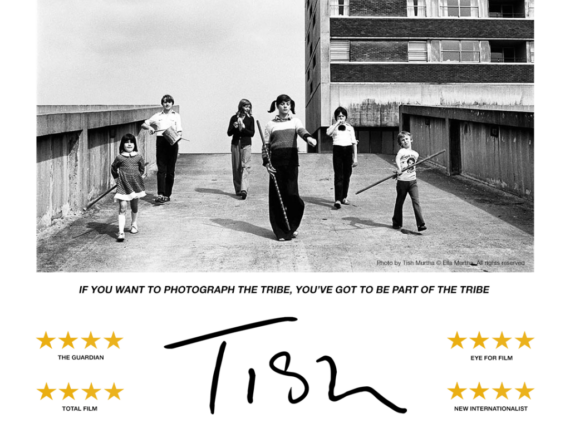Trumbo is in the cinema at Plymouth Arts Centre from 11 – 17 March
Trumbo tells the life-story of Hollywood screenwriter Dalton Trumbo, who at the height of his career, found himself under the scrutiny of the McCarthy witch-hunts.
As a member of the Communist Party, Dalton was summoned to a House of Un-American Activities Committee hearing in 1947. Found in contempt of Congress for refusing to answer questions or name associates he knew to be of a similar political persuasion, Dalton was sent to prison. After serving 10 months, Trumbo found himself blacklisted – his only option being to write under assumed names. His flair for working in different genres, producing fast and reliable work, brought him to the attention of filmmaker Frank King, who kept Trumbo busy with scripts and rewrites for his B-list movies.
What makes Trumbo’s story so extraordinary is that during this time, he also wrote two Oscar-winning screenplays: Roman Holiday (originally credited to his friend, Ian McLellan Hunter) and The Brave One, writing under the nom de plume, Robert Rich.
It was an open secret that Trumbo had written both, but it wasn’t until director Otto Preminger gave Trumbo an on-screen credit for his work on Exodus in 1960 that Dalton’s time on the blacklist was finally over.
Trumbo questions not only the nature of courage, but its cost. The film depicts life on the blacklist, highlighting the devastating impact on Dalton’s friends and family. But Trumbo is quick to point out that in a political climate that upended lives without a second thought; an audience casts judgement at its peril. The decision by Trumbo’s friend, actor Edward G Robinson, to co-operate with the Committee, is explored with insight and compassion. A lesser film would have coloured Robinson as the villain of the piece, but Trumbo shows us there are no easy answers – this is what happens when good men are tested.
You might go into a screening of Trumbo with expectations of how the film will look, how it will behave. But director Jay Roach bucks the traditional Hollywood biopic by using humour as a counterbalance to the darker scenes. The fizzing dialogue and the wry one-liners lend the film its buoyancy – an entirely justifiable approach considering it’s about one of Hollywood’s greatest screenwriters.
The cast is Trumbo’s defining glory. Great performances are served on tap, from David James Elliott‘s delicious turn as John Wayne, to Louis CK’s quietly impressive depiction of writer Arlen Hird. John Goodman’s performance as Frank King is fantastic; the ready contempt he has for the McCarthy movement will have you cheering in the aisles.
Anyone who has seen Breaking Bad will not be surprised by Bryan Cranston’s ability to inhabit a character, but what sets Cranston apart is his innate respect for ensemble work. His on-screen relationships are beautifully crafted and utterly plausible; essential for a film of this kind.
Where Trumbo excels is that its brilliance is located not in the drama, but in finding the light. A ponderous, heavy-going production would be all too easy to script, and the subject matter is too important not to get right. Trumbo would not only demand something better – he’d do the rewrite himself. The Telegraph’s review dubbed Trumbo ‘a preening Oscar bid’. But Trumbo has no need to embellish. There is horror enough to make Dalton’s restoration a truly edifying experience.
It’s a mistake to assume that a story about McCarthyism can only be told one way; that serious subjects demand a gravitas that cannot be equally served by humour. Trumbo is a tale of resilience, made all the more glorious for being unconventional.
Diversity has been the hot topic this awards season, and while there’s an issue at casting level, the need for a point of difference originates on the page. This film is a timely reminder that stories can, and should, be told a different way. Cinema without constraint – Trumbo would have loved it.
Helen Tope
Twitter: @Scholar1977








Comments
No comment yet.